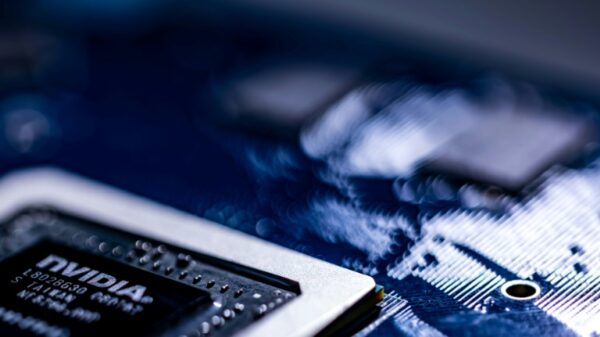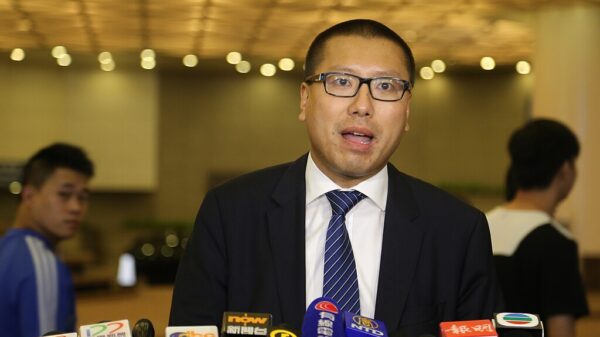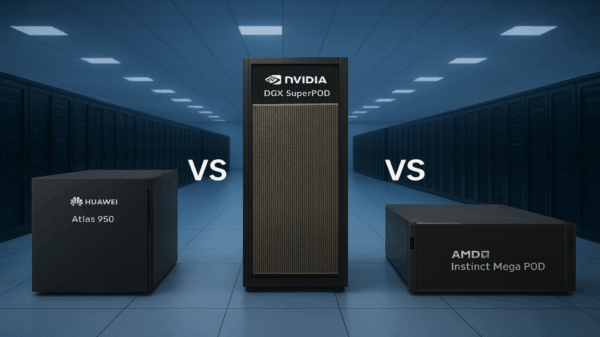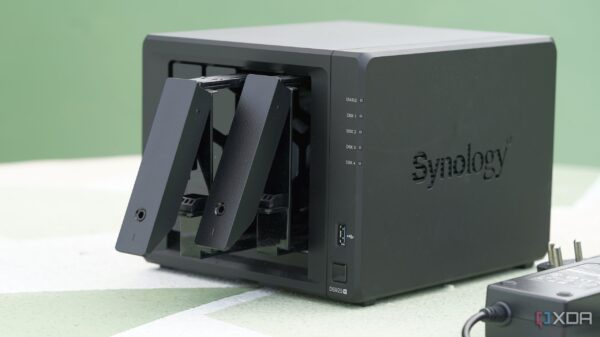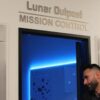A team of researchers in Austin is exploring the potential of a wearable artificial intelligence device designed to detect early signs of stroke risk in individuals without prior heart conditions. The initiative, led by **Mark Goddard**, Vice President of Clinical Services at **InfoBionic.Ai**, aims to make stroke prevention accessible to a broader demographic, including younger individuals who typically do not receive routine cardiac assessments.
The wearable device is engineered to monitor changes in cardiac telemetry, which may indicate early warning signs of stroke. Currently, preventive assessments are largely focused on older adults, particularly those over the age of 50, who are at greater risk due to conditions like **atrial fibrillation**. Goddard emphasized that the existing healthcare system often does not support initial assessments for younger patients, as insurance typically does not cover these preventative measures unless there is a known health issue.
Changing the Landscape of Stroke Prevention
Goddard pointed out that the landscape may soon shift, allowing for greater inclusivity in health screenings. “Right now, it’s not easy to go get an initial assessment when you’re younger and have no health problems because insurance doesn’t pay for that,” he stated. “But that may change in the future.”
The device is not solely aimed at older adults; it is also intended for younger individuals engaged in strenuous physical activities. Goddard mentioned that the AI technology could provide initial assessments for athletes, ensuring they are fit for rigorous exercise. “There are nuances within the waveforms that can give you an idea of, ‘hey, maybe we should go a little bit deeper here and do a little bit more diagnostic testing,’” he explained.
This innovative approach could lead to a significant shift in how strokes are perceived and prevented, especially among younger populations. The goal is to empower individuals to take charge of their cardiovascular health before reaching critical ages.
Trust and Implementation of AI in Healthcare
Despite the promising advancements, the acceptance of AI-driven medical tools remains uncertain. The healthcare community and potential users must grapple with the implications of trusting AI with significant health decisions. As developments in wearable technology continue, the focus will be on building reliability and confidence in these systems.
In conclusion, as **InfoBionic.Ai** forges ahead with its wearable AI device, the potential for early stroke detection could redefine preventative healthcare. This innovation not only aims to enhance individual health but also seeks to reshape the way healthcare providers approach stroke risk assessment across all age groups.



